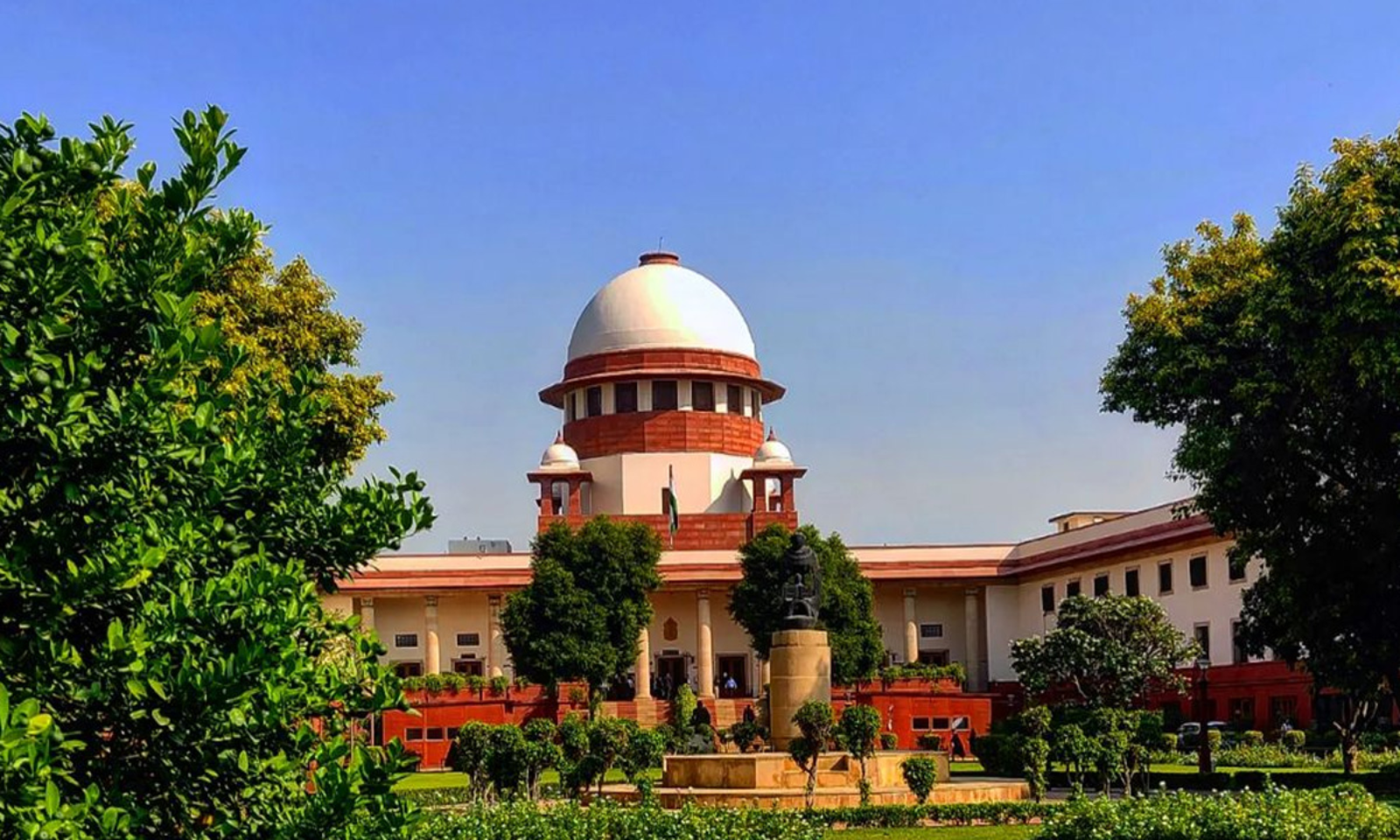SC Concerned Over ED-States Disputes
The Supreme Court expressed concern over growing disputes between central agencies like Directorate of Enforcement (ED) and state governments during probes, impacting federalism. It sought an impartial mechanism.
Case Details
The court was hearing the ED plea to transfer a bribery probe against its officer by the Tamil Nadu Directorate of Vigilance and Anti-Corruption (DVAC) to CBI. ED claimed non-cooperation by state police in sharing FIRs and evidence.
Need for Fair Probes
The SC bench observed that while offenders shouldn’t go free, vindictive arrests and witch-hunts are also unacceptable. Fair and transparent probes are required from both central and state agencies.
Proposing Pan-India Mechanism
Seeking to address the larger issue beyond the immediate case, the SC proposed evolving a mechanism that can apply across India for probes involving centre-state disputes to ensure impartiality.
The proposed mechanism can provide for joint probes teams, with officers from both sides, supervised by retired judges/officials. This can enhance cooperation, eliminate apprehensions and prevent abusive arrests.
Upholding Federal Spirit
The judges noted that with different ruling parties at the state and centre, federal structure is being threatened during high profile probes against state leaders. Impartial methods uphold federalism.
Checking Abuse of Authority
The SC said statutory powers of agencies like ED, CBI should not enable political vendetta or witch-hunts. Simultaneously, the corrupt can’t be shielded citing federalism either.
Transparent functioning by probe agencies and monitoring by courts can balance effective law enforcement and prevention of harassment and vindictive arrests during inter-governmental investigations.
Way Forward
The apex court has asked the central and Tamil Nadu governments to jointly suggest an impartial mechanism that can apply for ED, CBI and state agency probes where cooperative
Month: Current Affairs - January, 2024
Category: Legal & Constitution Current Affairs






